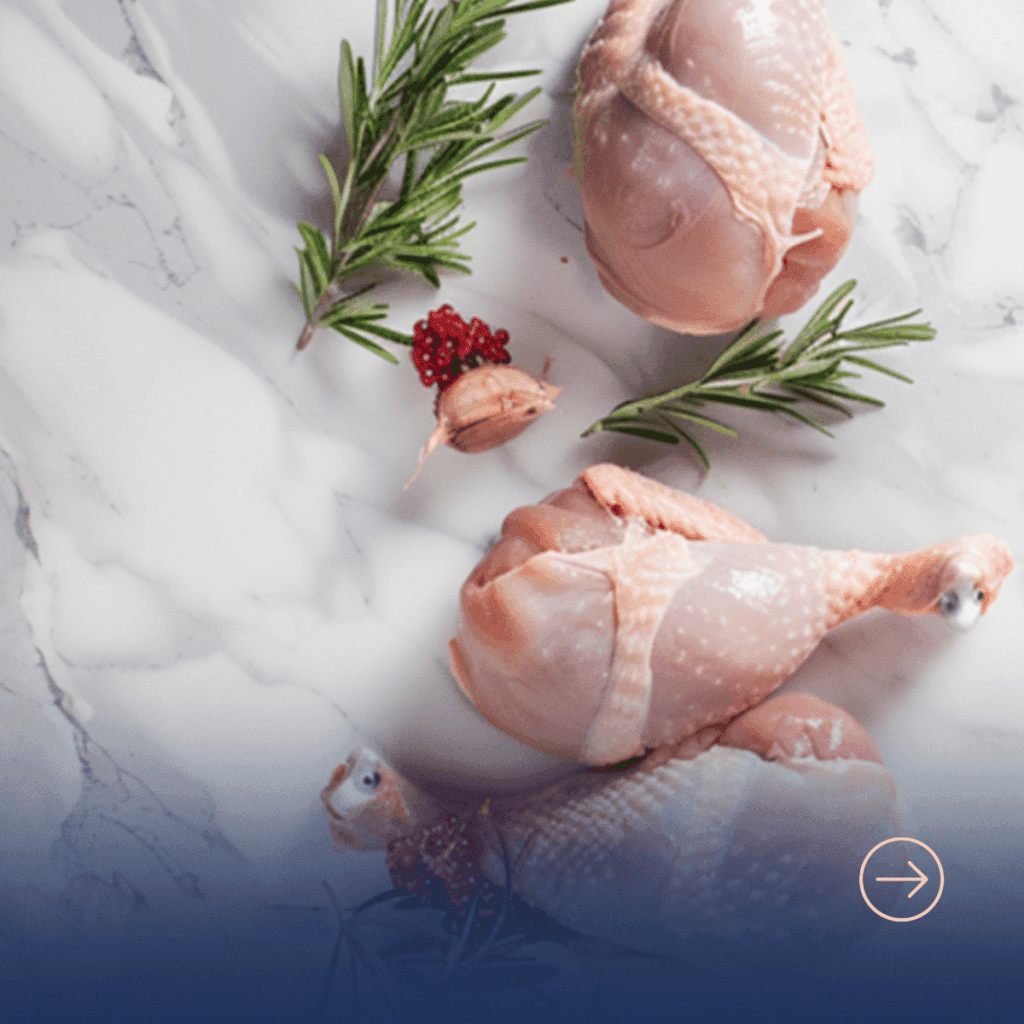Valine, an essential pillar among the branched-chain amino acids (BCAAs) alongside leucine and isoleucine, plays a fundamental role in our bodies. As an essential amino acid that we cannot produce ourselves, valine is a critical building block that must be supplied through our daily diet. It is crucial for protein synthesis, energy metabolism and supports the body in stressful situations such as intense training or recovery periods. A lack of valine can lead to a variety of health problems, from stunted growth to muscle wasting. Therefore, it is important to develop an awareness of the role of valine and ensure that we get enough of this vital amino acid.
What is valine?
Valine is one of the essential branched-chain amino acids, also known as BCAAs, and is thus an important building block for the human body. Its indispensability derives from the fact that the body cannot produce valine itself. Therefore, it must be ingested through food to ensure an adequate supply.
This amino acid has many important functions: it is instrumental in the development and maintenance of muscle tissue, helps regulate blood sugar levels, and serves the body as an energy source in times of hunger or increased physical exertion. Valine’s ability to stimulate insulin secretion, which leads to rapid absorption of amino acids in the muscles and liver, is particularly noteworthy. By incorporating Daminoc® into your diet, you can benefit from improved valine availability, which is particularly important for active people and athletes. These properties make valine an essential nutrient for people who are very physically active or are recovering.
A valine deficiency can have serious consequences, including growth disorders, hypersensitivity to touch stimuli, painful cramps, and impaired mobility. The importance of adequate valine intake cannot therefore be overestimated.
What do we need valine for?
Valine is not only a fundamental building block for protein synthesis and thus for the development and maintenance of muscle tissue, but it also fulfills a variety of other critical functions in the human body:
regulation of blood sugar levels
By stimulating insulin secretion, valine helps regulate blood sugar levels. This is particularly important for the rapid supply of amino acids to the muscles and liver, which in turn is of great importance for people who are in recovery phases or are very physically active.
source of energy during periods of hunger
At times when the body’s carbohydrate and fat stores are depleted, valine can serve as a source for the formation of glucose. This makes it an important source of energy during prolonged physical exertion or periods of starvation.
Support in stressful situations
Valine helps the body to counteract increased protein breakdown in stressful situations such as after operations, injuries or intensive training. This promotes faster wound healing and maintains muscle mass by minimizing protein breakdown.
Promotes the release of growth hormones
Studies show that valine can stimulate the release of the growth hormone somatotropin, which is essential for growth in height and for the utilization of amino acids in muscles, liver and bones. It also stimulates fat breakdown and thus supports body composition.
Important role in the central nervous system
Valine serves as a precursor for the synthesis of important neurotransmitters in the brain, which underlines its function in the transmission of information and stimuli between nerve cells. The versatile functions of valine illustrate why a sufficient supply of this amino acid is essential for physical performance, health and general well-being.
Which foods contain particularly high levels of valine?
Valine is found in a wide variety of foods, which allows for a balanced intake through the diet. Particularly rich in valine are:
Animal sources:
- Poultry: Chicken and turkey are excellent sources of valine and other BCAAs.
- Beef: Not only does it provide valine, but it also provides other essential nutrients such as iron and B vitamins.
- Fish: Salmon and tuna are rich in valine and also provide valuable omega-3 fatty acids.
- Eggs: They contain all essential amino acids, including valine, and are considered one of the best sources of protein.
- Cheese: Hard cheeses such as Parmesan are particularly rich in valine.
- Milk and yogurt: These are not only good sources of calcium, but also contain valine.
Plant sources:
- Legumes: Lentils, chickpeas and black beans are good plant sources of valine.
- Nuts and seeds: Walnuts, sunflower seeds and almonds can also meet valine needs.
- Grains: Whole grains and quinoa are valued not only for their fiber but also for their valine content.
Regular intake of these foods can help meet daily valine requirements and support the multiple functions of valine in the body. A balanced diet that includes both animal and plant protein sources is key to ensuring adequate supply of all essential amino acids, including valine.
Conclusion
Valine is an essential amino acid that is crucial for muscle building, energy production and blood sugar levels. Adequate dietary intake is crucial, especially for active people. The versatile functions of valine underline its importance for our health. A balanced diet that includes both animal and plant protein sources can meet valine requirements. Daminoc® ideally complements this strategy by providing targeted support to fully utilize the health benefits of valine and promote performance and well-being.


